Born in a mountainous district of Bac Kan province, Diem was also a child in the mist. Diem's biggest wish at the age of 16 was to go out and see the world: "I don't want to be born in one place and die in the same place." In 2023, she became the first Vietnamese female director to have a documentary nominated for an Oscar.
Children of the Mist is the first Vietnamese feature-length documentary to be nominated for the 2023 Oscars.
The film was directed by a female director born in 1992 - Ha Le Diem. Like her character, Diem is an ethnic minority.
She started filming Children in the Mist in 2017 and finished it in late 2021. The draft of the film was shot over 3 and a half years. It took 4 months to translate the Hmong film into Vietnamese and English. Post-production, reviewing the draft, and rough editing took more than 6 months. Next, the film was sent to Thailand for post-production for another 1 and a half months, mixing, and color correction for about 2 weeks.
5 years in exchange for a 90-minute film. Ha Le Diem is the director and also the sole cinematographer of Those Children in the Mist.
“It’s normal” - Diem picked at the noodles in her bowl at 2pm and giggled. It was lunch and also her interview with the press.
PV: Diem, what story does the movie "Those Children in the Mist" tell?
Director Ha Le Diem: The film is about Di, a 13-year-old H'Mong girl. Di lives in SaPa, Lao Cai. Following Di from when she was a little girl to adulthood, I wanted to tell about the fear, loneliness, and loss when a child has to grow up, about how a childhood disappears.
I met Di by chance. When I went to Sapa, I was able to stay with Di's family. Di invited me to go up the hillsides with her friends. Di is like me. When I was Di's age, I also had friends. But by the end of 9th grade, all my friends got married. At the wedding, I ate and cried at the same time. I didn't understand why my friends got married so early?
Di's childhood will pass by quickly, just like mine. So I want to make a film that captures the most innocent and pure things of childhood.
That day, I asked Di:
- Di, can you follow Di and film Di until Di grows up to understand why Di grows up?
- But can your movie bring Di from when she was grown up to when she was a child?
PV: But is Children in the Mist a pure story? I remember an audience member exclaimed: Too much violence!
Director Ha Le Diem: That's right. At first, I thought Di's childhood was pure. But as Di grew up, the pressures of traditional and modern values came in. Those pressures made her childhood disappear.
As an ethnic minority, Di has a lot of pressure. Even going to school and taking exams in Vietnamese is a pressure. Because Di grew up speaking the Hmong language.
In 2018, I witnessed Di being dragged away from her wife. It was a violent scene. This event marked a milestone in Di's transition from a child to a woman. Di had to play the role of a grown woman. She had to explain to everyone why she didn't want to get married yet? Why did she want to continue studying?
Before, I thought wife-pulling was just a fairy tale. But when I met Di and her cousins - people who had experienced wife-pulling - most of them were very scared. Wife-pulling is a nightmare.
PV: Why did Diem name the film Children in the Mist?
Director Ha Le Diem: This name was thought up by Hieu - my advisor. But that name reminds me of my fear of fog when I was a child.
I live in a dirt house nestled in the woods. The road to school is very small and narrow. When winter comes, the road to school disappears as soon as I step out of the house. Fog surrounds my house. I think there is a white wall in front of me that I cannot pass. Who knows what lies ahead? I missed 4 or 5 days of school and lied to my parents: I was sick.
I dare not say that I am afraid of fog.
But my parents kept forcing me to go back to school, so I had to leave the house. I gathered my courage and walked, realizing that if I walked a little further, the road would become clearer. If I kept walking like that, I would see the road ahead.
PV: Is that feeling the same as Di's?
Director Ha Le Diem: Probably the same.
I understand the feeling of not knowing what to do for Di's future.
PV: Diem mentioned a small house in the forest. So where did Diem come from and how did she grow up?
Director Ha Le Diem: I was born in a very small village in the mountains of Northern Vietnam. My house is at the end of a valley. The house is made of earth, with bamboo walls and a palm roof. During summer vacation, when I don't go to school, it's normal for me to not see a stranger for 1 or 2 months. It's a completely isolated life, somewhat similar to Di's.
PV: Di is also a girl, Diem is also a girl. With similar backgrounds and starting points, what do you think about the lives of ethnic minority girls?
Director Ha Le Diem: When filming and living with Di's family, I realized a simple thing like this: Studying in Vietnamese is a very difficult program for a H'Mong girl. I think that is a common difficulty for children like me and Di.
Sometimes Di said to me:
- Sister, I feel like I can't learn. I feel like I can't do it.
- Around Di, there are not many women who have traveled far, studied far. But Di can look at you, at her teacher. Because we were once children, we can do it, why can't Di?
Then children like Di face cultural barriers, economic barriers. Maybe deprivation. Maybe hunger.
In winter, children are cold and hungry. Even in well-funded boarding schools, food is not enough. Many children still skip breakfast to go to school.
As ethnic minorities, their accents will be a bit slurred. When they go out, they are discriminated against to the point of being embarrassed and not wanting to go to school anymore.
Early marriage in some areas is also a barrier. There, just little things like that.
PV: Do those little things have any big impact?
Director Ha Le Diem: Yes, many students dropped out of school.
PV: When starting this project, Diem was only 25 years old. Perhaps it was not an easy thing. So what difficulties did Diem encounter?
Director Ha Le Diem: When I first started, I didn't think too far ahead. If I wanted to make a film, I just hoped that there would be a film.
Back then: If you lack something, borrow it. If you don't know something, ask about it. If you lack a camera, borrow it. If you lack a tripod, borrow a tripod. If anyone has something, I'll borrow it.
Then the money to travel and stay there is not much. I stayed at Di's house, Di's parents did not take any money. Di's father also said:
- We have rice at home. If you want to eat anything, you can buy and cook it yourself.
Actually, even if I wanted to eat, there was nothing to choose from. At the grocery store, there were only peanuts and dried fish, and rarely eggs. On the most luxurious days, there was fresh pork. So those things didn’t cost much!
The most expensive part is post-production and editing.
PV: After 5 years of following the character and making the film, Diem's difficulties were only that brief?
Director Ha Le Diem: That's it.
I thought, if I had only focused on my misery at that time, I would never have been able to make a film. Really! I just focused on making a film. Having a film is happiness!
I remember when I was learning to ride a bike, my parents taught me: Wherever your eyes look, that is where you will go. If you only look at potholes, you will definitely go into them! I only look at what I want.
Moreover, I find it difficult to keep demanding this and that when you haven't done anything yet. I do what I have, try my best, try my best. For me, if I work hard, I will have a film, regardless of whether it's good or bad.
There were times when I was very confused when editing. The original idea was like that, but could it actually be done? I was very scared.
Scared but still had to do it because the movie has been filmed for more than 3 years!
PV: Has anyone ever said that Diem is stubborn or obstinate in pursuing something?
Director Ha Le Diem: Stubborn? Stubbornness is a personality trait.
I remember when I was 16, my parents hung a hammock at the base of a banyan tree. At night, I often went out to swing on the hammock and looked up at the sky. In the countryside, there were many stars and moons. The sky was always sparkling with light. I felt that human life was so small. In a life like that, what did I want to go out to see in the outside world? I didn't want to be born in one place and die in the same place.
But what do you have to do to go out? Go to college. Go to college and then make movies.
PV: When you started making documentaries, did Diem set any expectations for yourself regarding career or income?
Director Ha Le Diem: If I wanted to be really rich, I would study a profession that could make money. But the thing that could satisfy my interest is making documentaries.
After graduating, I got a job with a pretty good salary. But I realized: Even if I had a lot of money, I would spend it all. Even if I had little money, I would spend it all. Even if I had little money, my life would be a little more miserable.
Living on less money but being able to make movies is better.
I will be able to listen to others, understand them and live in their world.
When I live in everyone's world, I feel as if I live another life.
I find that a documentary always gives people the opportunity to talk to each other. I always find something new even after watching it for the third time.
PV: To be a documentary director, do you think it's easier to be a woman or a man?
Director Ha Le Diem: It's easier for women!
When foreigners ask, do Vietnam have many female documentary directors? I answer yes, they are very surprised. Of course, female directors also have certain difficulties. For example, I am not strong enough to hold a 4-5 kg camera. But in return, female directors are very hard-working and meticulous.
Women are also more expressive than men, so people like to talk to them more. That is the strength of women when making documentaries.
PV: Being nominated for the Oscar for Best Documentary Feature is an unprecedented event in Vietnam. How does Diem feel when her brainchild is released to the world?
Director Ha Le Diem: Very happy and proud.
Children in the Mist premiered in the Netherlands, not in Vietnam. Many people liked it. Many people didn’t like it. Some were shocked. Many people left after watching it. Because the movie was too violent for their emotions.
After showing my film at film festivals abroad, I feel a little more confident. Making films, filming: Ah, I can do both.
Bringing Vietnamese films to the international market requires the contribution of many domestic filmmakers, not just one individual. When I was in the Netherlands, I just wanted to fly back to Vietnam. Because I clearly saw that I was more useful in Vietnam. I wanted to do small things, to tell stories, lives, and people that normally no one would pay attention to.
Filmmaking helps me grow as a person and as a professional. Because I learn from life around me, from Di and her family. Learn so I can continue making new films.
Diem now has done the things that 16-year-old Diem dreamed of. Then I started to wonder, what would Diem now dream of?
- Production organization: Viet Anh
- Performed by: Thi Uyen
Nhandan.vn


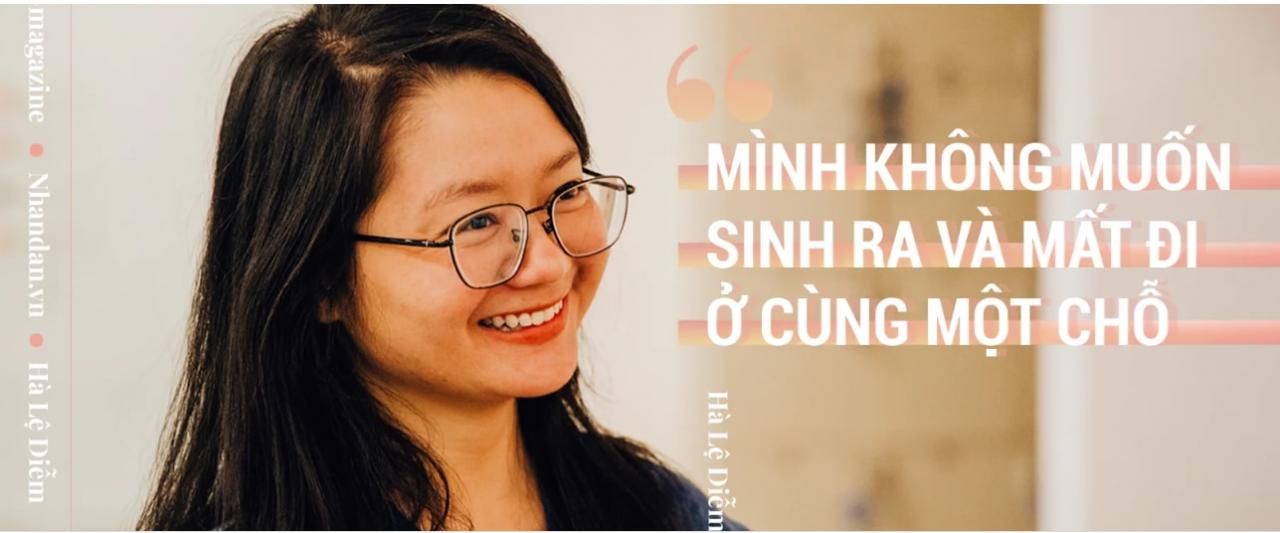

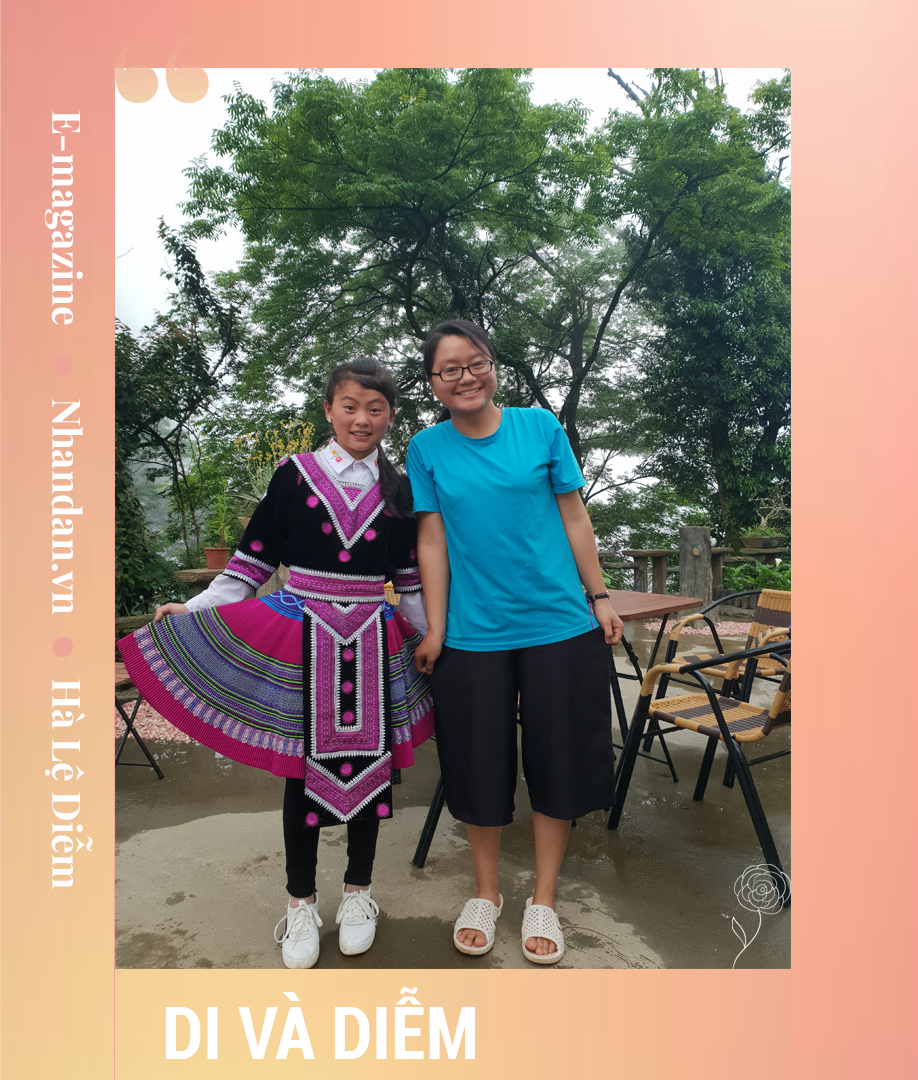

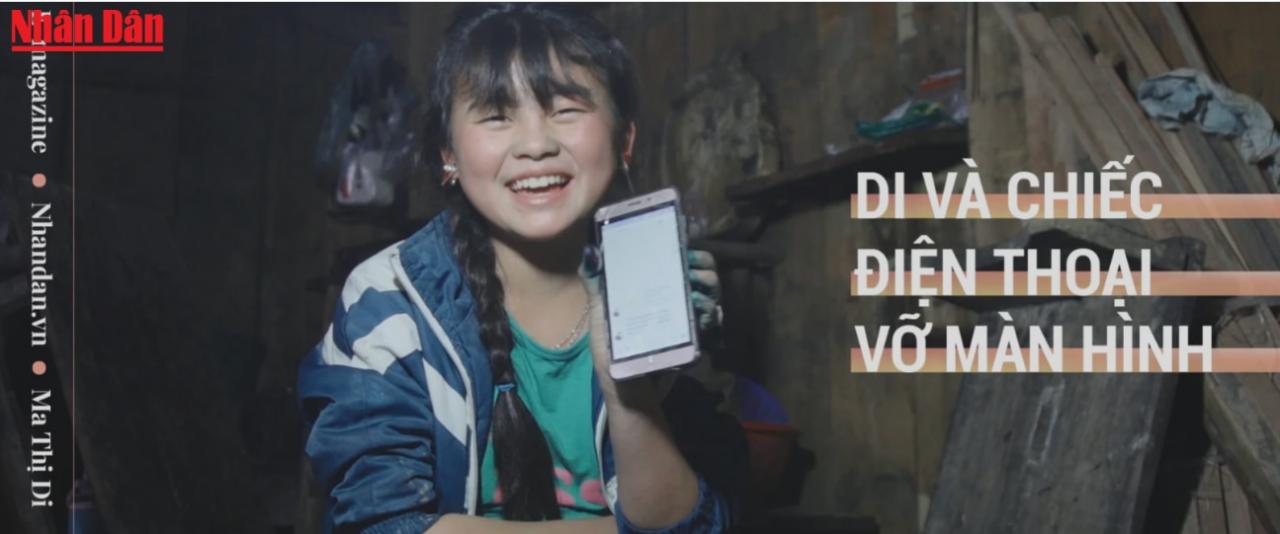

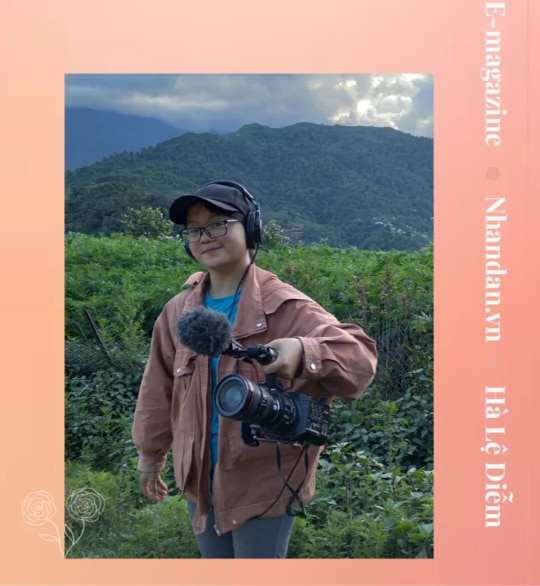
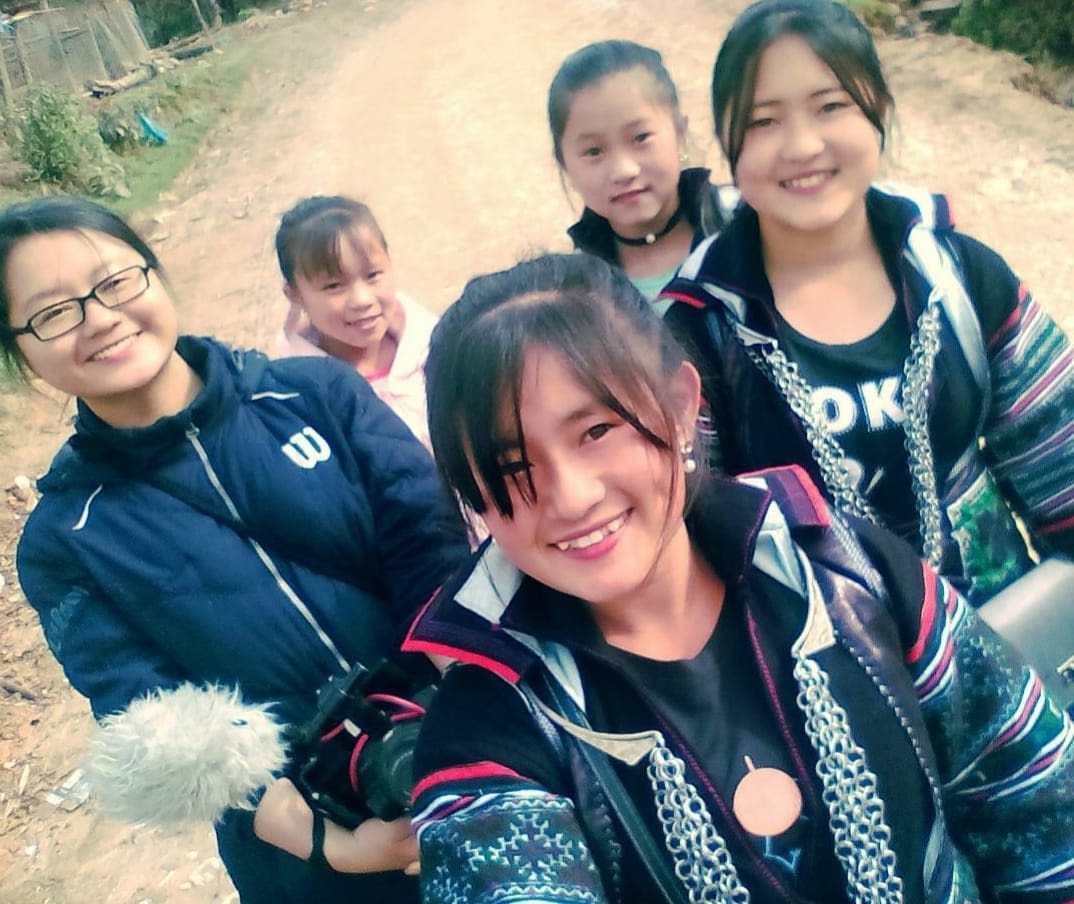
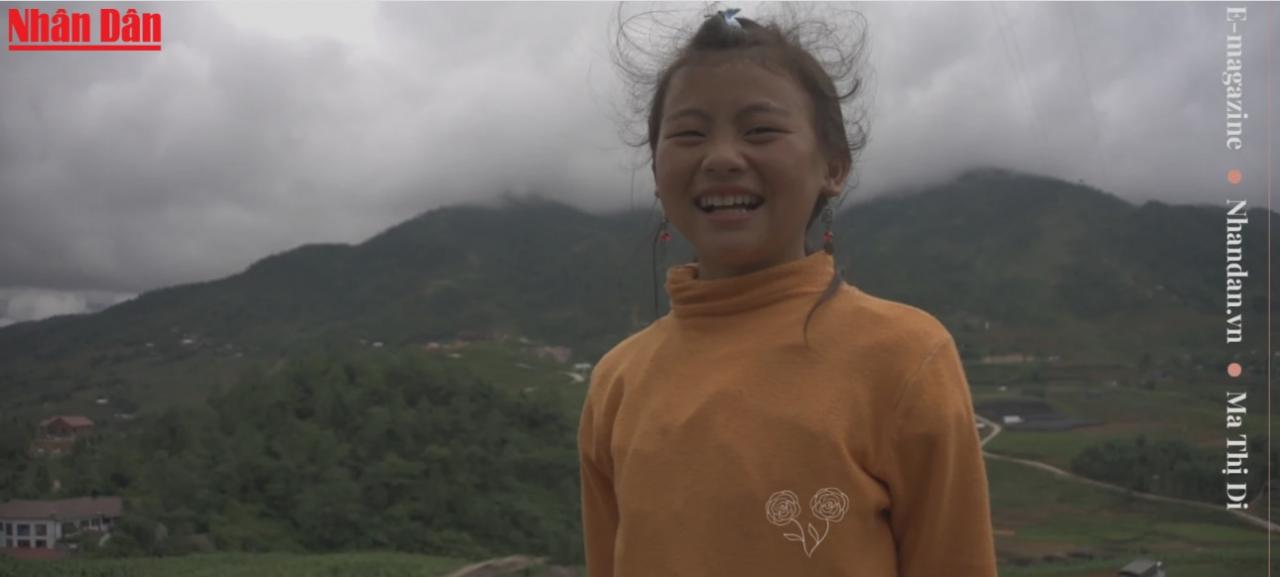

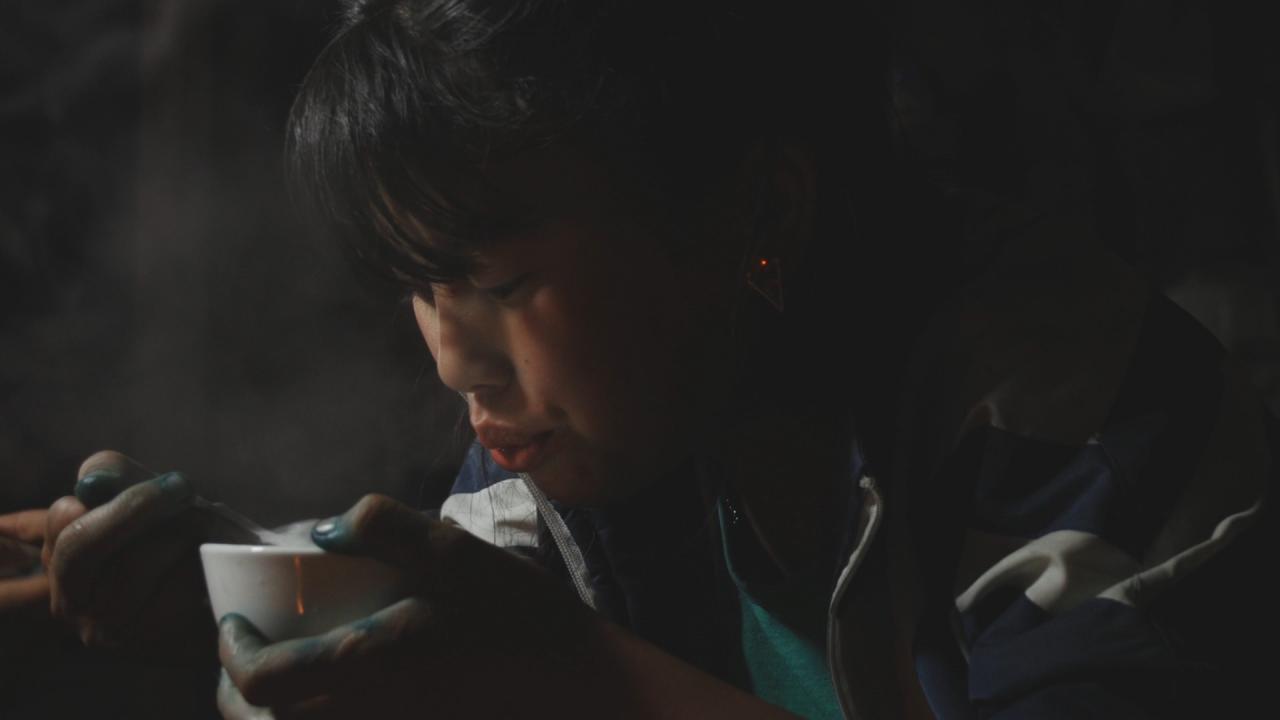
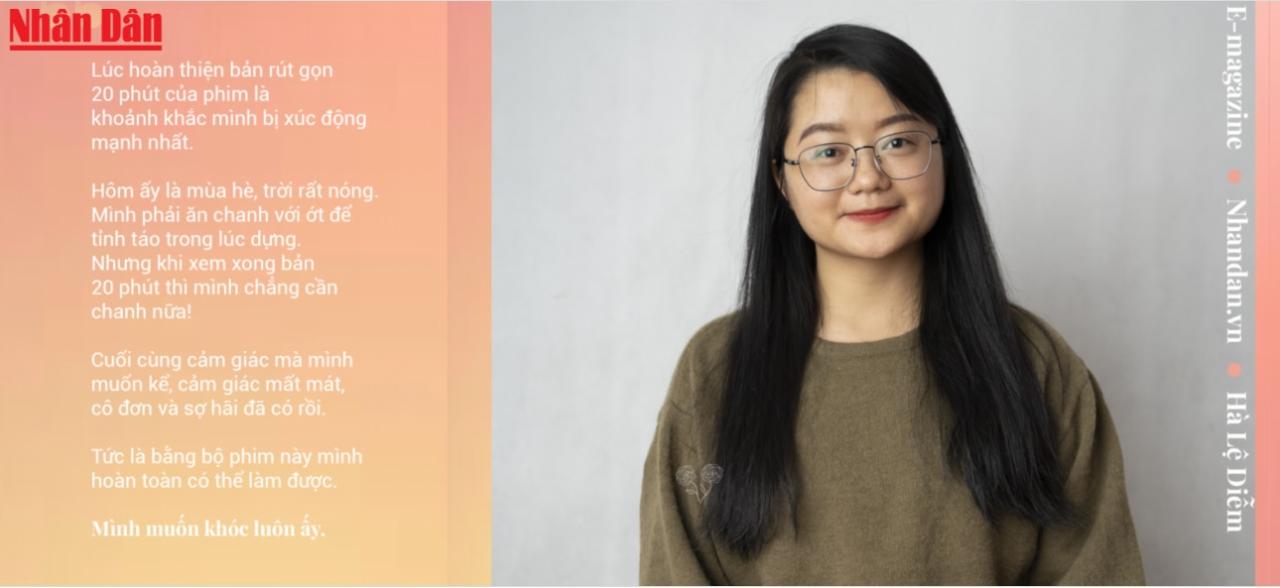
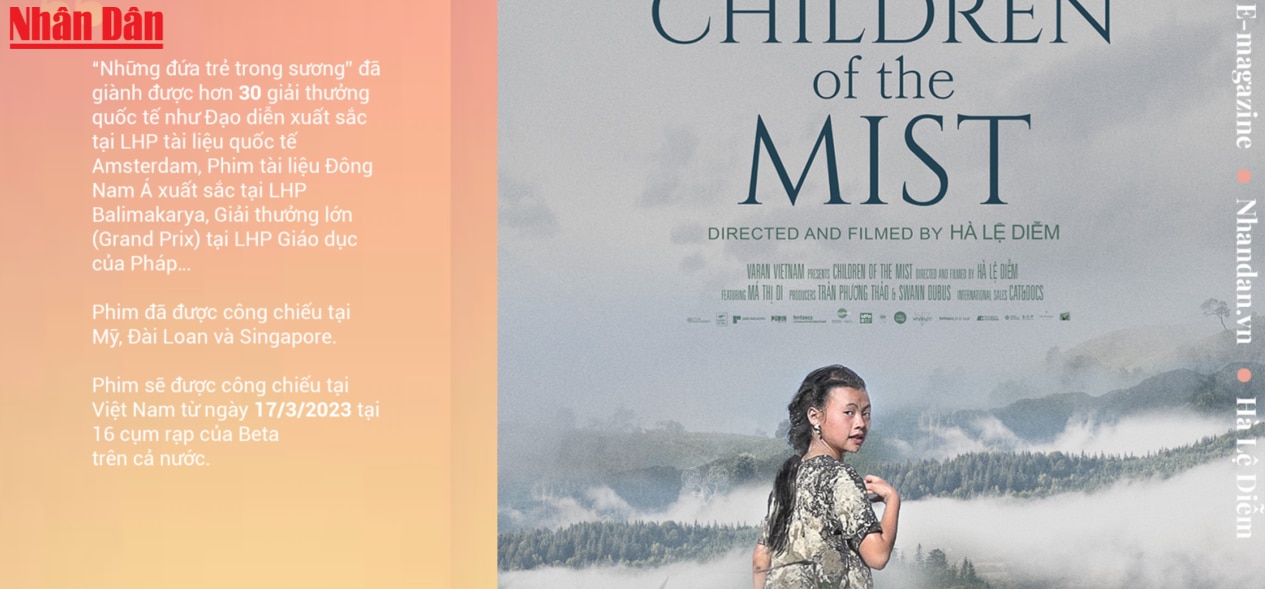

![[Photo] General Secretary To Lam receives Brazilian President Luiz Inácio Lula da Silva](https://vstatic.vietnam.vn/vietnam/resource/IMAGE/2025/3/28/7063dab9a0534269815360df80a9179e)
![[Photo] Vietnam and Brazil sign cooperation agreements in many important fields](https://vstatic.vietnam.vn/vietnam/resource/IMAGE/2025/3/28/a5603b27b5a54c00b9fdfca46720b47e)
![[Photo] Helicopters and fighter jets practice in the sky of Ho Chi Minh City](https://vstatic.vietnam.vn/vietnam/resource/IMAGE/2025/3/28/3a610b9f4d464757995cac72c28aa9c6)

![[Photo] Prime Minister Pham Minh Chinh meets with Brazilian President Luiz Inacio Lula da Silva](https://vstatic.vietnam.vn/vietnam/resource/IMAGE/2025/3/28/41f753a7a79044e3aafdae226fbf213b)


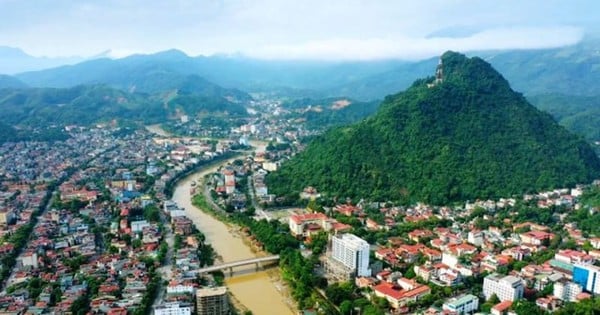






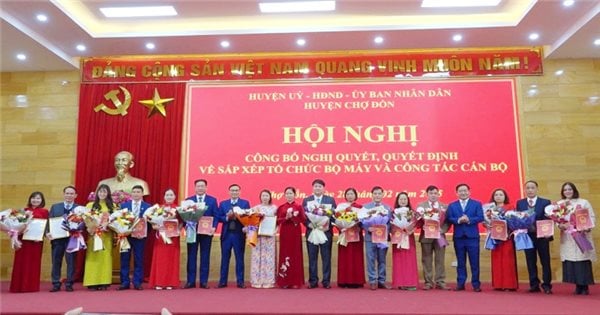
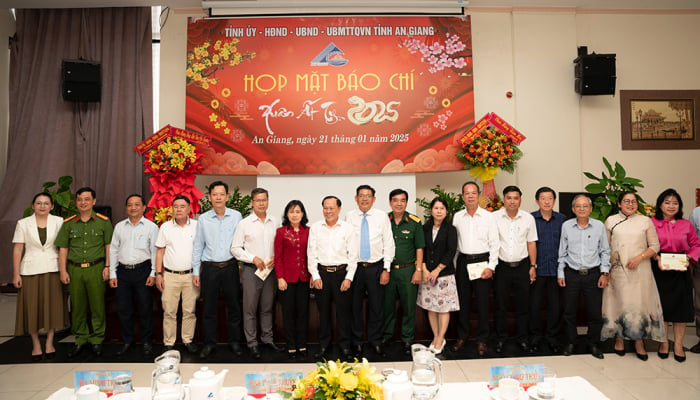
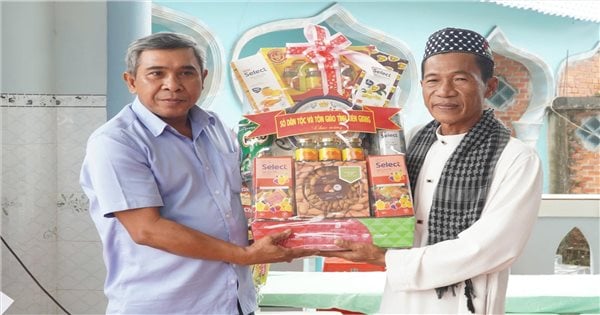

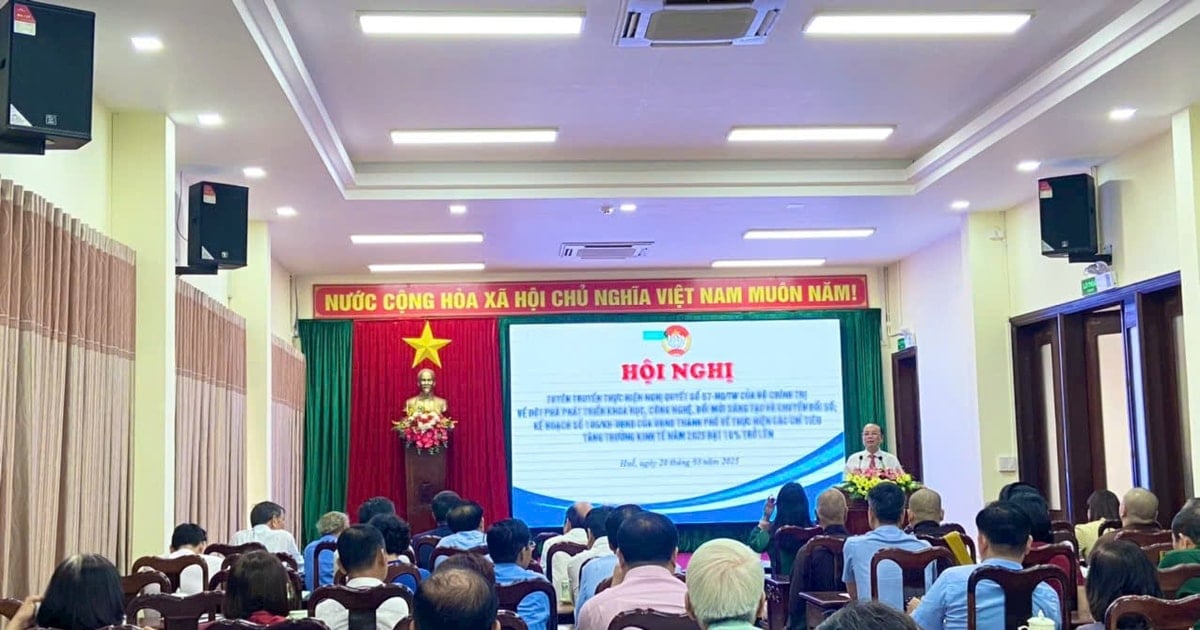








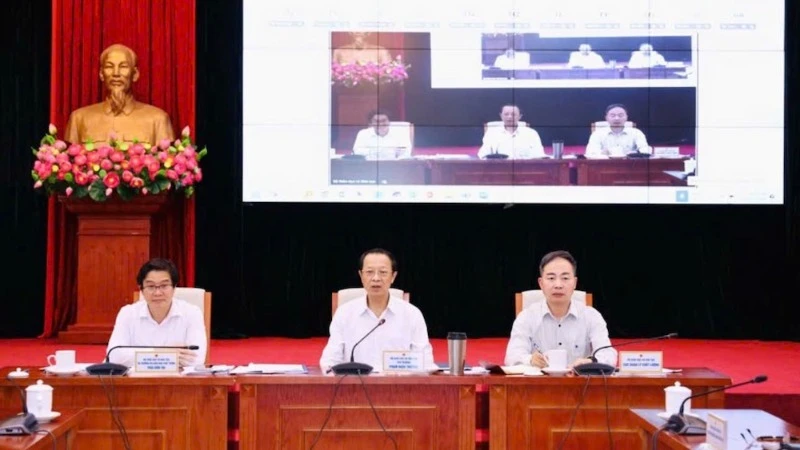






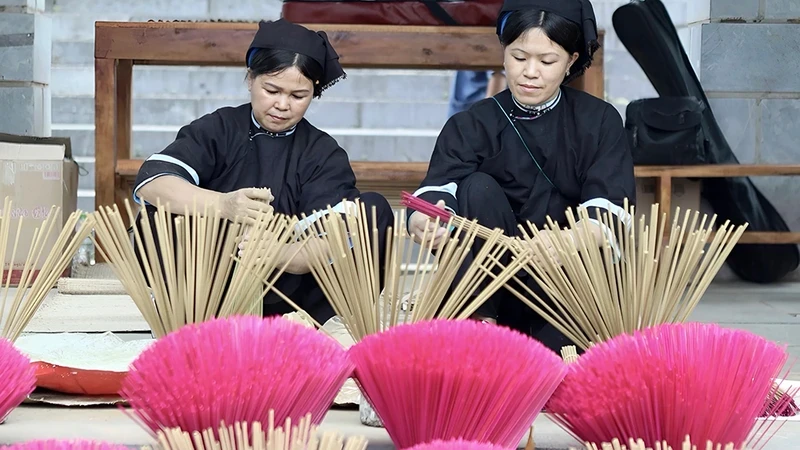
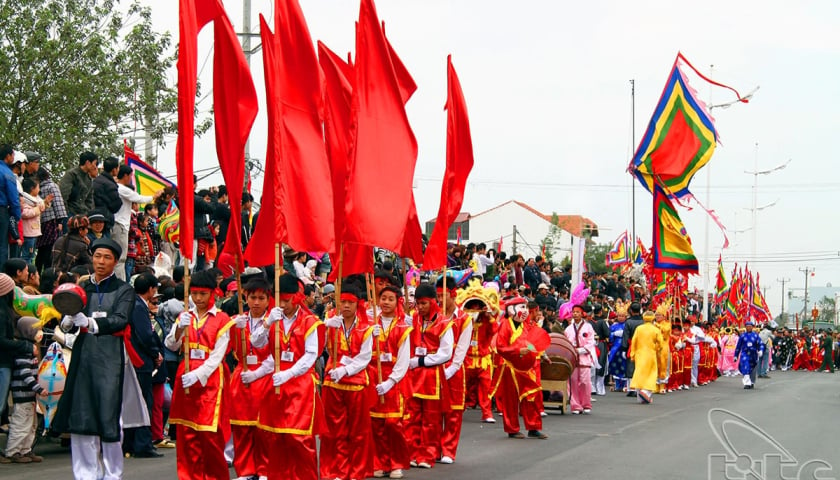








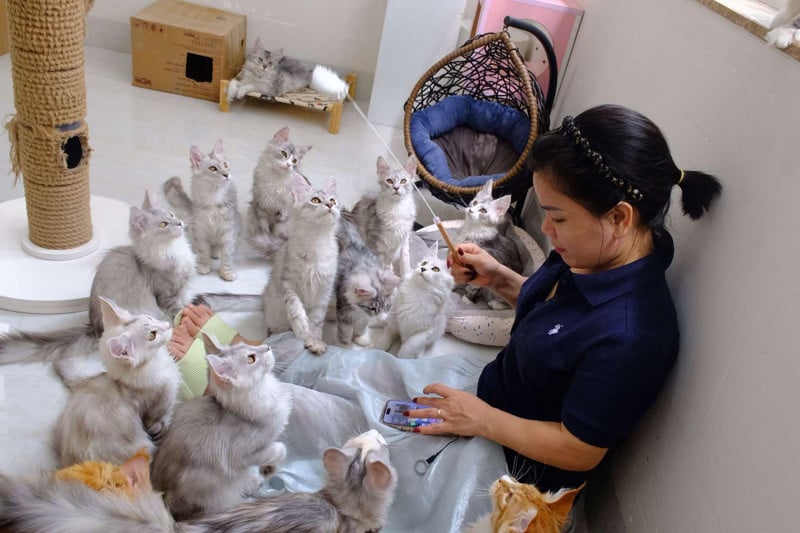

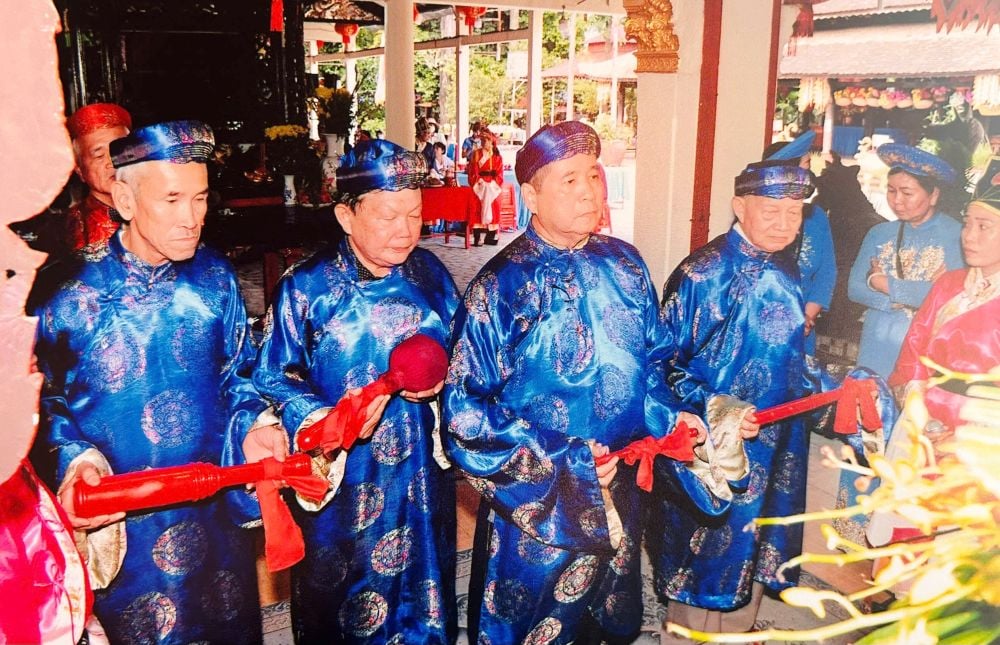

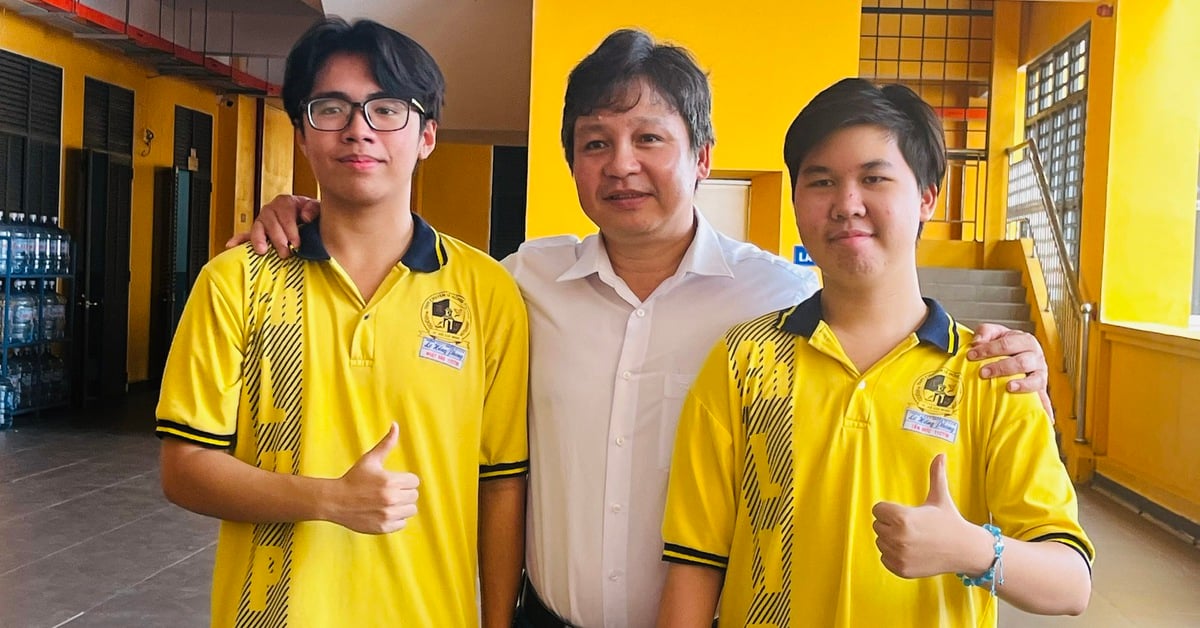
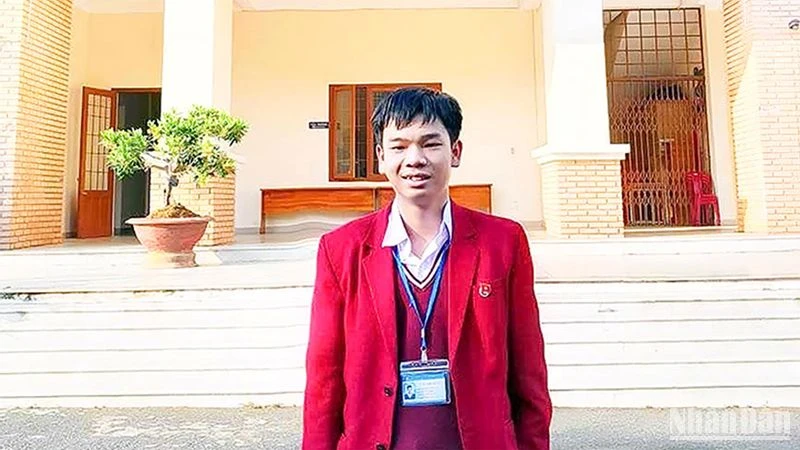







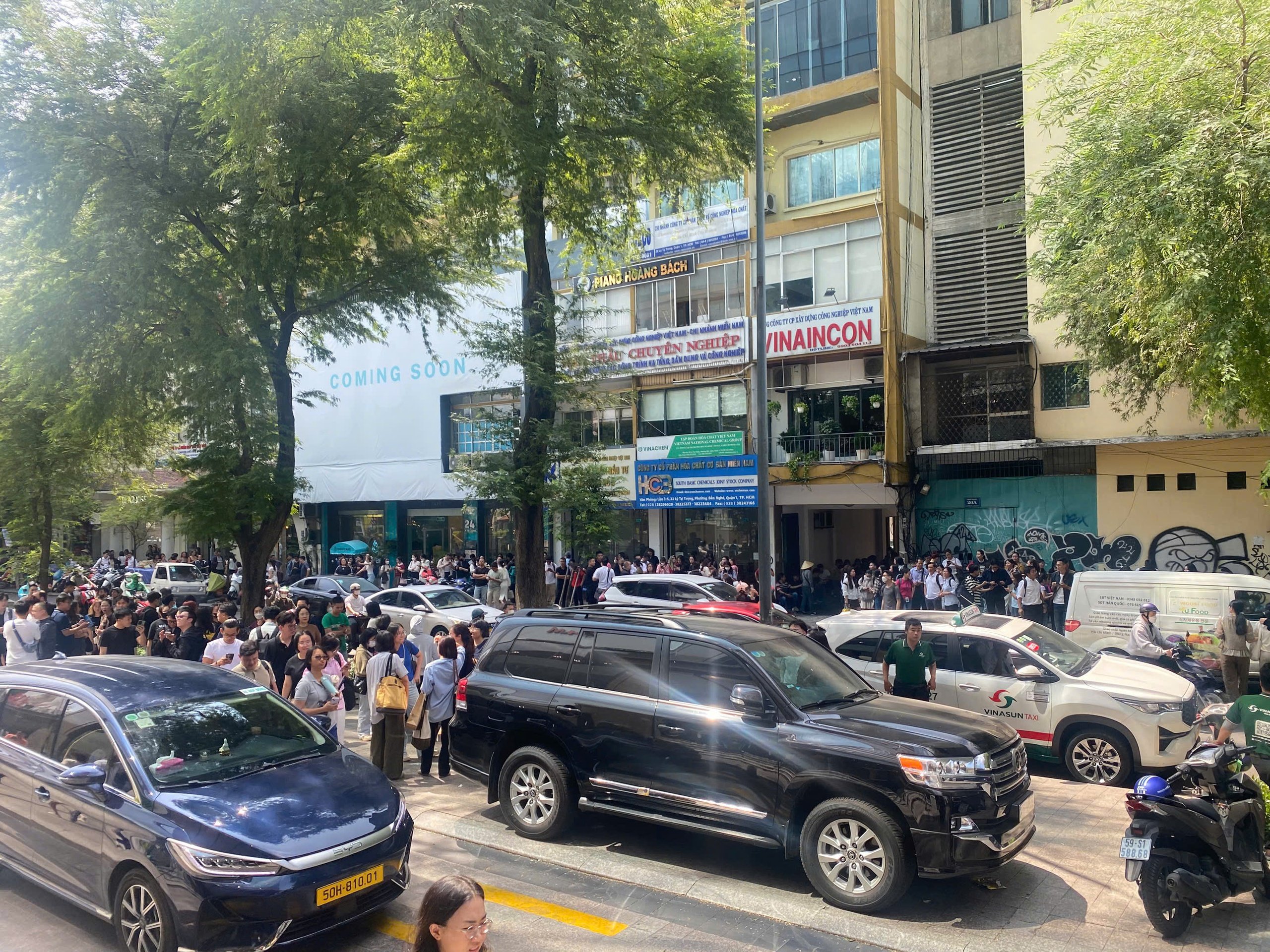



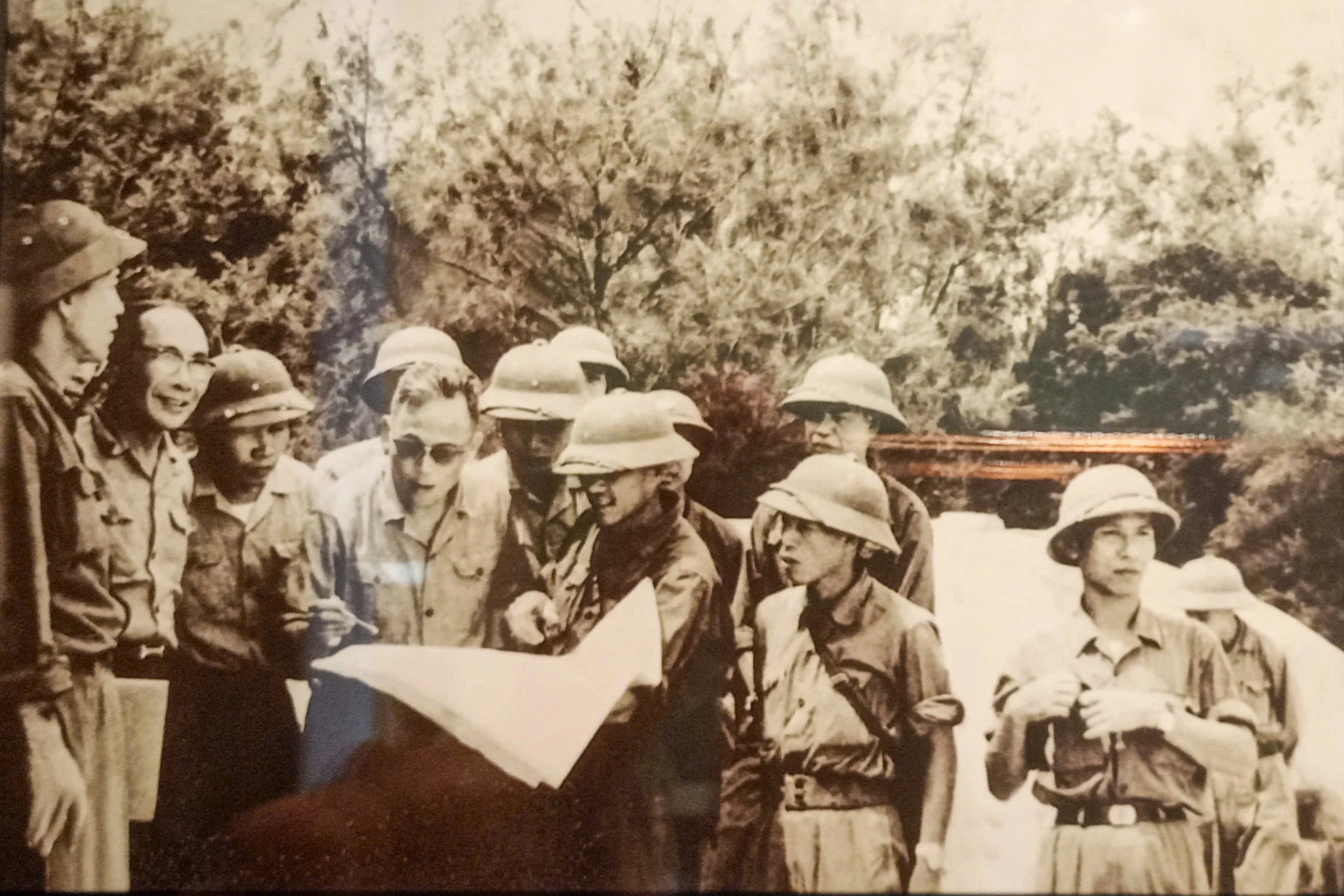


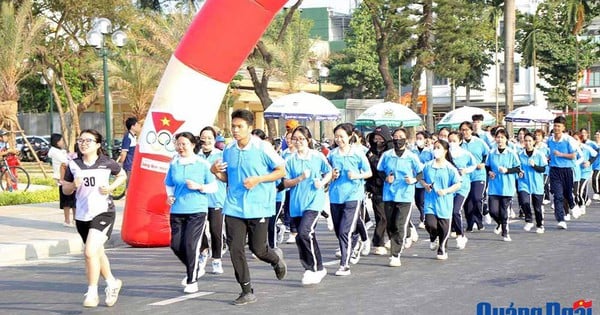









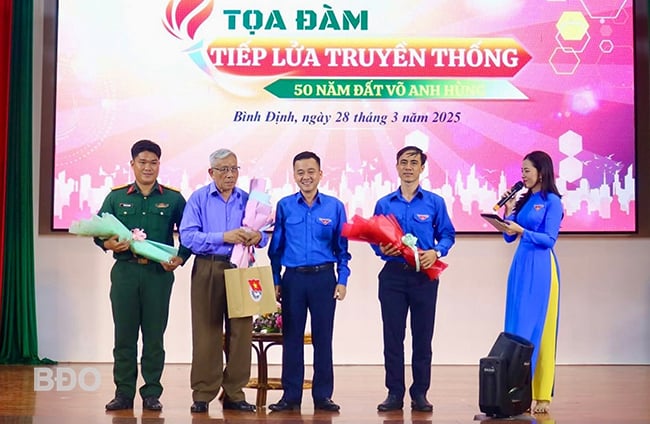




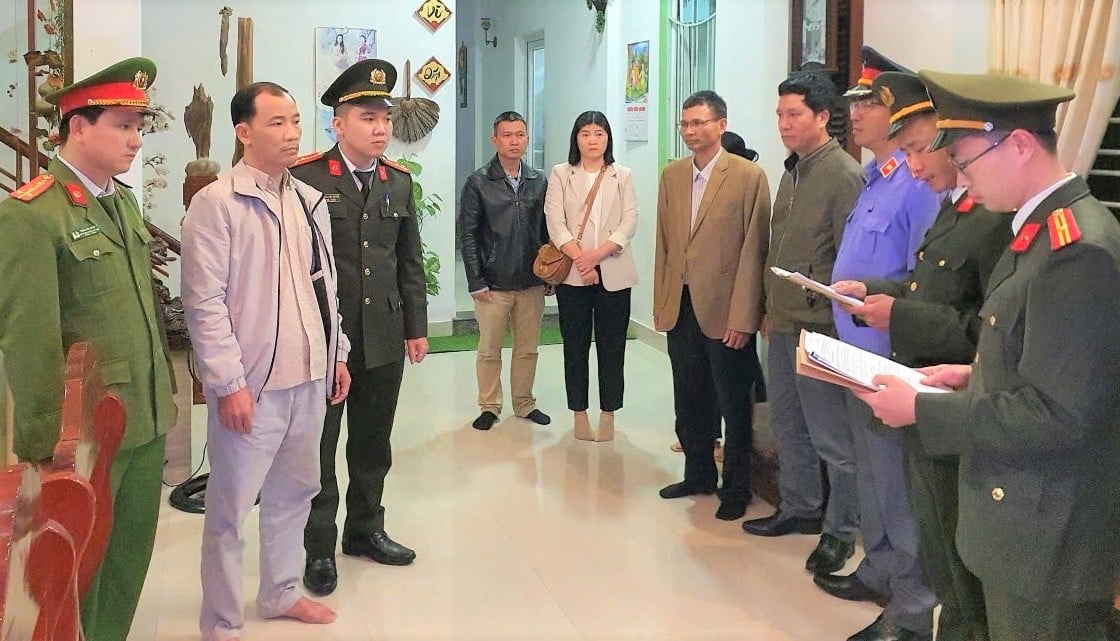

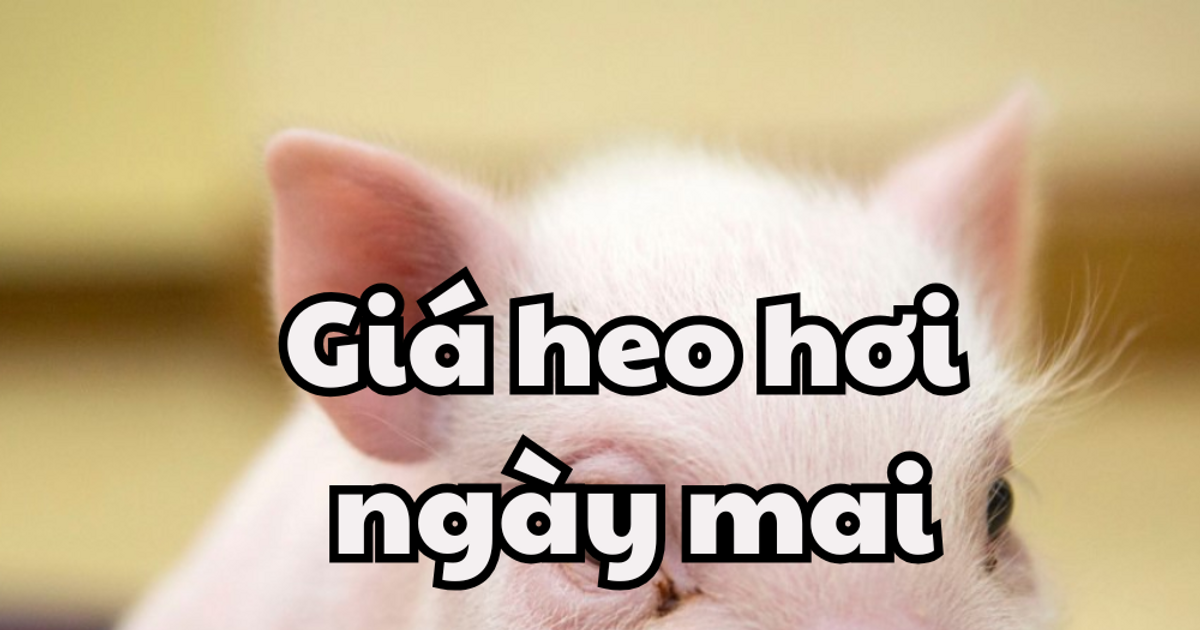






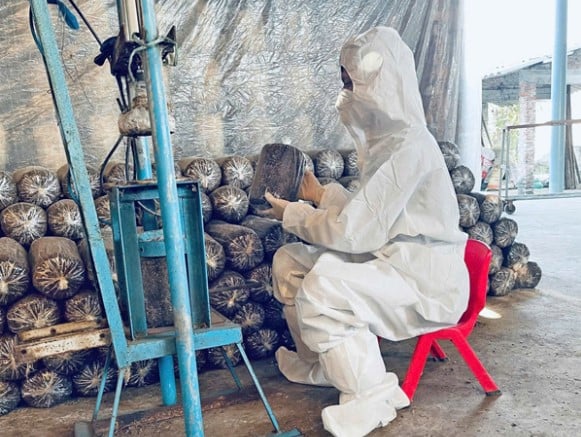
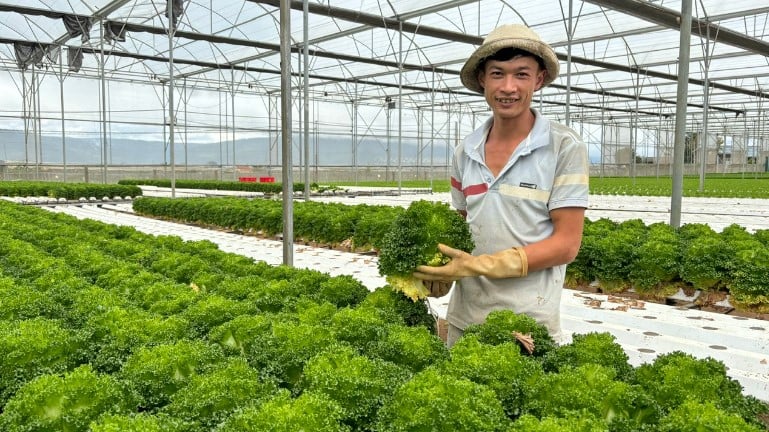

Comment (0)